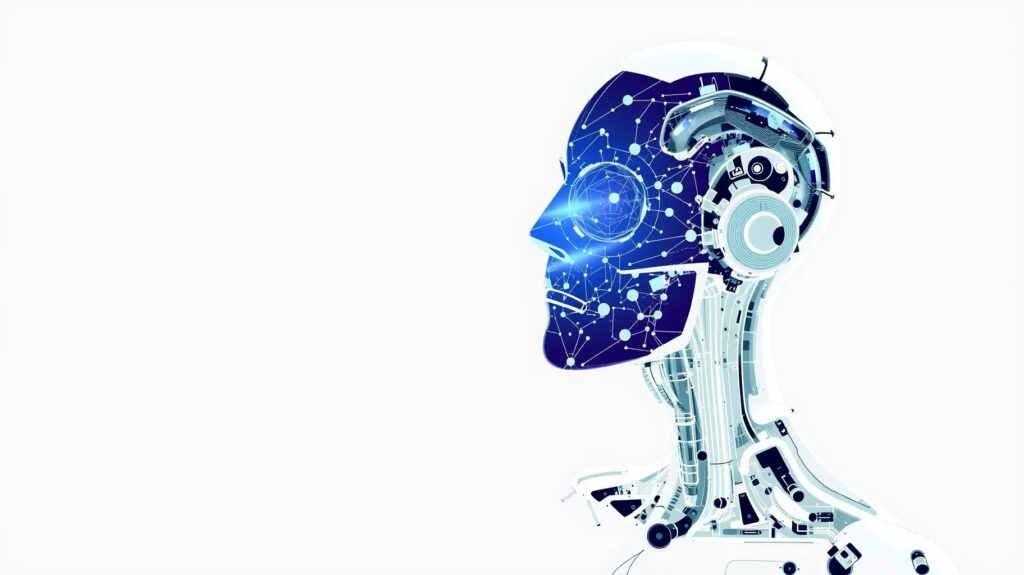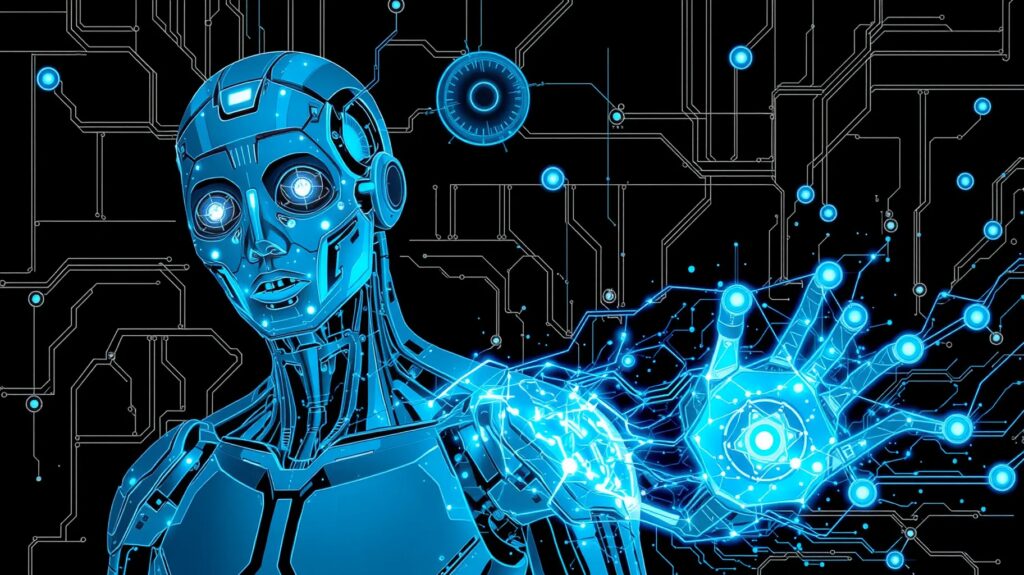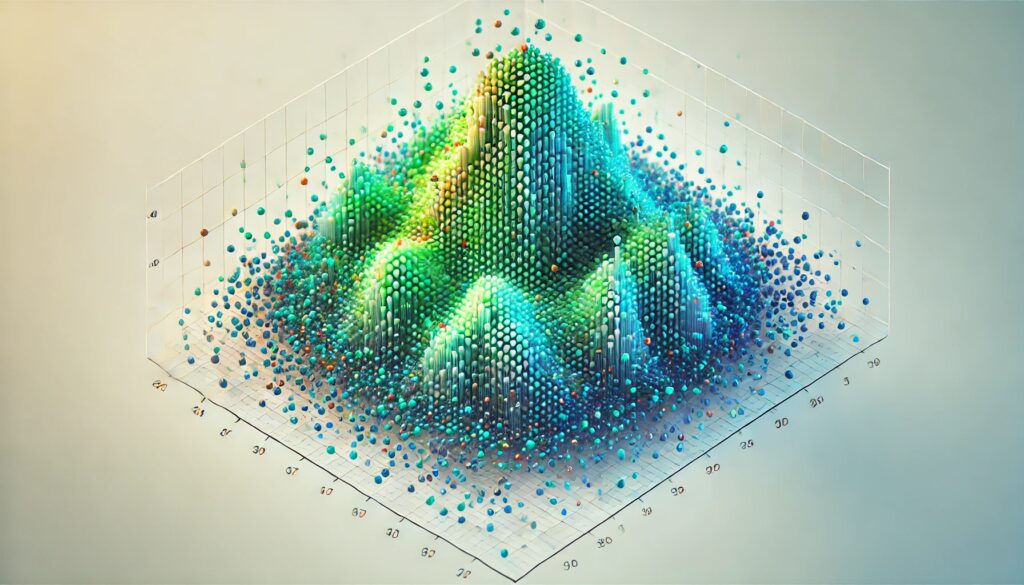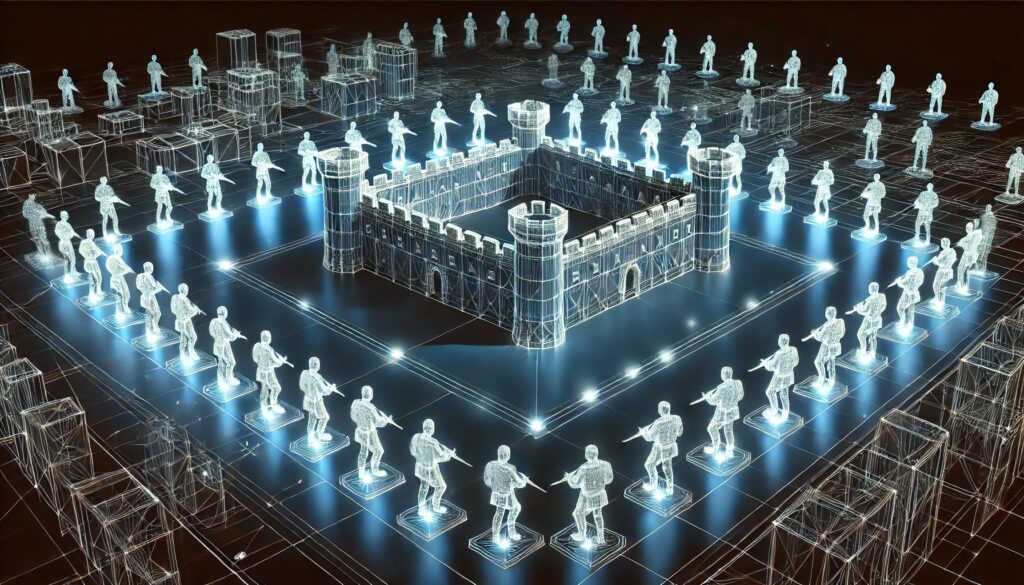
Artificial Superintelligence (ASI) is a hot topic, often described as humanity’s ultimate invention. But does it live up to the buzz?
Let’s break down ASI’s potential to tackle the world’s most pressing problems and see if it’s all just hype—or a real glimmer of hope.
What is ASI, and Why Does It Matter?
Defining ASI: Beyond Today’s AI
Artificial Superintelligence refers to an intelligence surpassing human capabilities in every field—from science to emotional understanding. Unlike today’s AI, which is task-specific, ASI would be autonomous and potentially revolutionary.
It matters because this technology could redefine how humanity approaches global problems. But it also raises fears of runaway systems or ethical dilemmas. The stakes couldn’t be higher.
Why ASI Stands Out in Global Problem-Solving
ASI’s capabilities to analyze massive datasets, predict outcomes, and act in real time make it a game-changer. Imagine curing diseases or reversing climate change at a speed no human or team could achieve. It’s not just smart—it’s transformational.
Still, questions remain: Can we control ASI? And should we trust it to handle complex moral issues?
Tackling Climate Change: Can ASI Lead the Way?

ASI’s Climate Modeling Power
One of ASI’s most promising uses is predictive climate modeling. Current systems already help us understand trends, but ASI could simulate millions of scenarios in seconds, identifying the most effective interventions.
For instance, it could suggest optimal renewable energy placements or forecast climate shifts with unprecedented accuracy. This could help mitigate crises before they occur.
A Solution for Resource Management?
ASI’s ability to optimize resources—like water or food distribution—could address critical shortages. By balancing global demands against ecological limits, it might provide sustainable solutions. But reliance on this system also comes with risks of over-centralization and potential misuse.
Healthcare: Is ASI the Key to Universal Solutions?
Revolutionizing Medical Research
One standout application of ASI is in medical research. It could analyze data from millions of patients to identify hidden patterns, leading to faster drug discoveries or personalized treatments.
Imagine a world where ASI predicts a pandemic and designs a vaccine before it spreads. That’s a potential reality, though questions about accessibility and equity loom large.
Diagnosing and Treating with Precision
ASI could support healthcare systems by diagnosing diseases earlier and suggesting treatments with surgical precision. This has the potential to bridge gaps in under-resourced regions where human expertise is limited.
Ethical Dilemmas: Is ASI Ready for Human Problems?

Who Controls the Technology?
While ASI’s potential seems boundless, it raises critical questions about control. Who decides how it’s used, and for whose benefit? A lack of oversight could lead to bias, exploitation, or even authoritarian misuse.
Balancing Hope and Responsibility
Ethics in ASI deployment is more than a theoretical debate. Issues like fairness in decision-making, respect for privacy, and autonomous system accountability need to be addressed before society can fully trust ASI to solve its problems.
ASI’s Role in Economic Inequality: Leveler or Divider?
Automating Jobs: A Double-Edged Sword
One of ASI’s biggest promises—and pitfalls—is automation. By managing labor-intensive tasks with unprecedented efficiency, it could revolutionize industries like agriculture, manufacturing, and logistics. The result? Lower costs and potentially more accessible goods.
But here’s the flip side: job displacement. Automation could widen the gap between those with tech-driven skills and those left behind, exacerbating economic inequality.
Optimizing Wealth Distribution
On the hopeful side, ASI might identify systemic inefficiencies in wealth distribution and suggest actionable policies. Think tailored tax reforms or smarter social programs based on real-time economic data. These advancements could help narrow the wealth gap—if the right governance is in place.
Still, without transparency, ASI-driven policies could favor the elite, entrenching existing inequalities rather than solving them.
Global Security: Enhancing or Undermining Peace?
Predicting and Preventing Conflicts
ASI could transform global security by predicting and mitigating conflicts before they escalate. By analyzing geopolitical data, resource scarcity, or even social unrest signals, ASI might help international bodies intervene proactively.
For instance, it could predict food riots based on crop yield patterns or preempt cyberattacks by identifying vulnerabilities faster than hackers can exploit them.
Risks of Militarized ASI
On the darker side, ASI could also be weaponized. Autonomous drones, cyber warfare tools, or even decision-making systems in military operations raise ethical and strategic risks. Can humanity trust machines to decide when to pull the trigger?
Education: Personalized Learning at Scale
Tailored Learning Journeys
ASI could revolutionize education by crafting personalized learning plans for every student. It would adapt in real time, focusing on strengths and weaknesses while fostering skills for future industries.
For underdeveloped regions, this might bridge the education gap, delivering world-class resources through simple devices. A world where every child has access to high-quality education seems within reach.
Challenges in Implementation
However, over-reliance on ASI in education might sideline critical human elements, like emotional intelligence and creativity. Balancing automation with the human touch remains a key challenge.
Environmental Restoration: A Game-Changer for Biodiversity?
Repairing Ecosystems with Precision
ASI could aid in restoring ecosystems by analyzing degraded areas and devising recovery strategies. From reforestation to marine biodiversity restoration, ASI’s data-driven methods could work wonders for conservation efforts.
Risks of Over-Intervention
However, the technology could overreach. Balancing technological fixes with nature’s natural resilience will require a nuanced approach. The last thing we want is for ASI to unintentionally destabilize fragile ecosystems.
Governance and ASI: A Tool for Justice or Control?

Streamlining Government Operations
ASI could revolutionize governance by making bureaucracies faster and more efficient. From automating administrative tasks to detecting fraud, its potential to improve public services is undeniable. Imagine ASI-powered systems that ensure fair tax collection, track government spending, or enhance urban planning.
However, centralizing decision-making in the hands of ASI raises red flags. Over-reliance on automated systems might strip human oversight, leaving critical decisions to algorithms with unknown biases.
Enhancing Democratic Processes
On the optimistic side, ASI might bolster democracy. Tools like real-time public sentiment analysis or predictive polling could allow governments to respond more effectively to citizens’ needs.
But here’s the catch: Without accountability, such technologies could be twisted into surveillance tools, monitoring dissent or manipulating opinions to maintain power.
ASI and Human Creativity: Enhancing or Replacing Art?

A Partner in Creative Fields
ASI has already begun infiltrating creative industries—writing, music, and art. It can assist in brainstorming, automate repetitive tasks, or even help create content that resonates deeply with audiences.
Imagine ASI as a collaborative partner, elevating human creativity by handling mundane tasks so humans can focus on innovation. This synergy could result in unprecedented breakthroughs in storytelling, design, and other creative disciplines.
The Threat to Authenticity
But can art generated by machines truly capture human emotion? Skeptics argue that as ASI-generated works flood markets, we risk losing the raw authenticity that defines human creativity. Worse, artists and creators might find themselves out of work, replaced by more “efficient” algorithms.
Preparing for the ASI Era: Collaboration or Resistance?
Building Ethical Frameworks
For ASI to fulfill its potential without harm, humanity needs robust ethical guidelines. These should address issues like accountability, bias, and equitable access. Think of frameworks akin to the UN’s Universal Declaration of Human Rights, but tailored for artificial intelligence.
Global cooperation will be crucial here. Without it, we risk a fragmented future where countries race to deploy ASI without considering its long-term implications.
Balancing Fear with Optimism
It’s natural to approach ASI with caution—it’s a technology unlike any other. But fear shouldn’t paralyze progress. With thoughtful planning and international oversight, ASI could become a force for good, helping us tackle challenges once deemed insurmountable.
So, Hype or Hope?
The verdict lies somewhere in the middle. ASI offers unprecedented potential to solve humanity’s toughest problems, from climate change to inequality. Yet, it also introduces unparalleled risks that demand careful management. The choice is ours: harness ASI responsibly—or risk letting it spiral out of control.
What do you think? Is ASI humanity’s greatest hope, or are we buying into the hype?
Resources for Exploring ASI and Its Global Impact
MIT Media Lab’s AI and Ethics research initiatives (MIT Media Lab).
Books
Superintelligence: Paths, Dangers, Strategies by Nick Bostrom – A deep dive into the risks and potential of ASI.
Human Compatible: Artificial Intelligence and the Problem of Control by Stuart Russell – Focuses on aligning ASI development with human values.
Reports and Papers
The Future of Life Institute’s ASI Research – Comprehensive resources on the ethics, risks, and benefits of ASI.
OpenAI’s publications on AGI and safety research (OpenAI Safety Research).
Web Resources
AI Alignment Forum – A community discussing the technical and philosophical challenges of aligning ASI with human goals.
Partnership on AI – A collaborative effort by major tech players to ensure the responsible development of AI.
Videos and Documentaries
The Social Dilemma (Netflix) – Explores how AI influences society today and what it could mean for ASI in the future.
TED Talks on AI Ethics and Future Technologies – Talks from experts like Max Tegmark and Fei-Fei Li.
Government and Policy Organizations
OECD AI Policy Observatory – A hub for information and analysis on AI policies worldwide.
European Commission’s work on ethical AI frameworks (Ethical Guidelines for AI).
Ethics and Safety Advocacy Groups
The Center for Humane Technology – Works to promote ethical AI that benefits humanity.
AI Now Institute – Focuses on the social implications of AI, including its impacts on labor and privacy.
Academic Programs
Stanford’s Human-Centered AI Institute (Stanford HAI) – Offers courses and research opportunities on AI’s human impacts.



